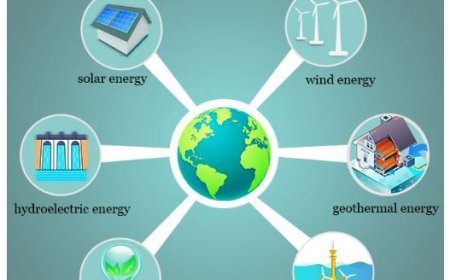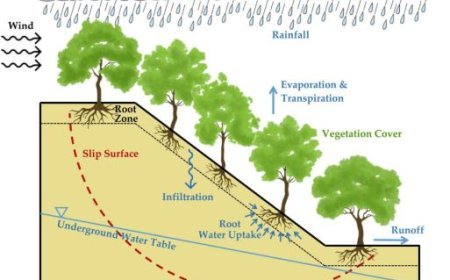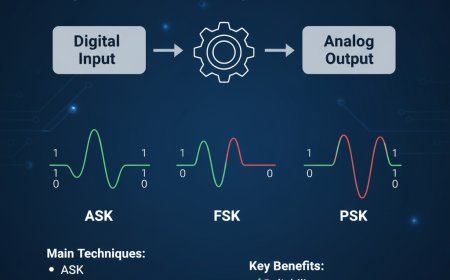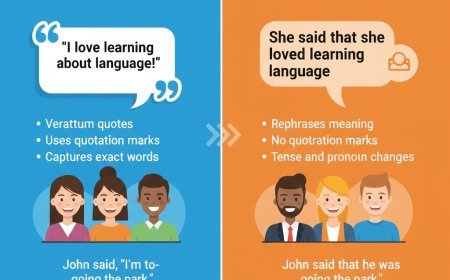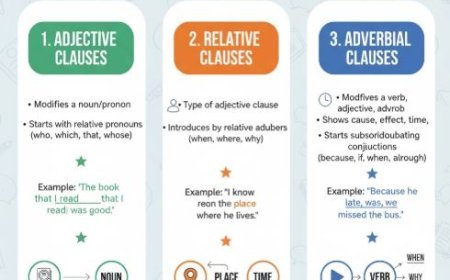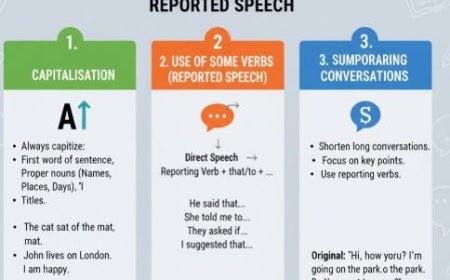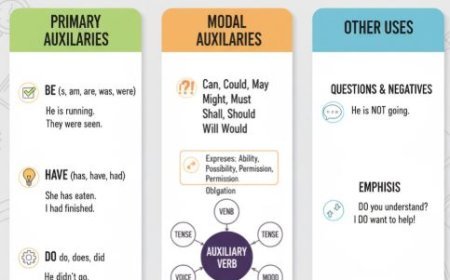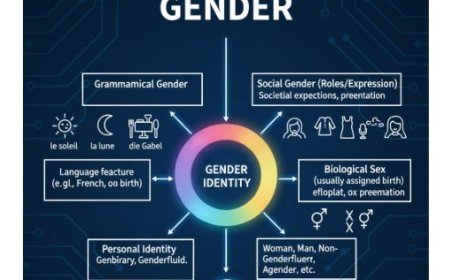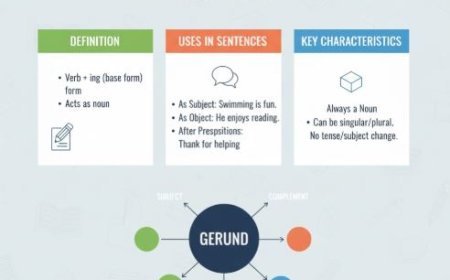VERB IN TENSES
Verbs in tenses act like time machines, showing when (past, present, future) and how long (simple, continuous, perfect) an action unfolds.
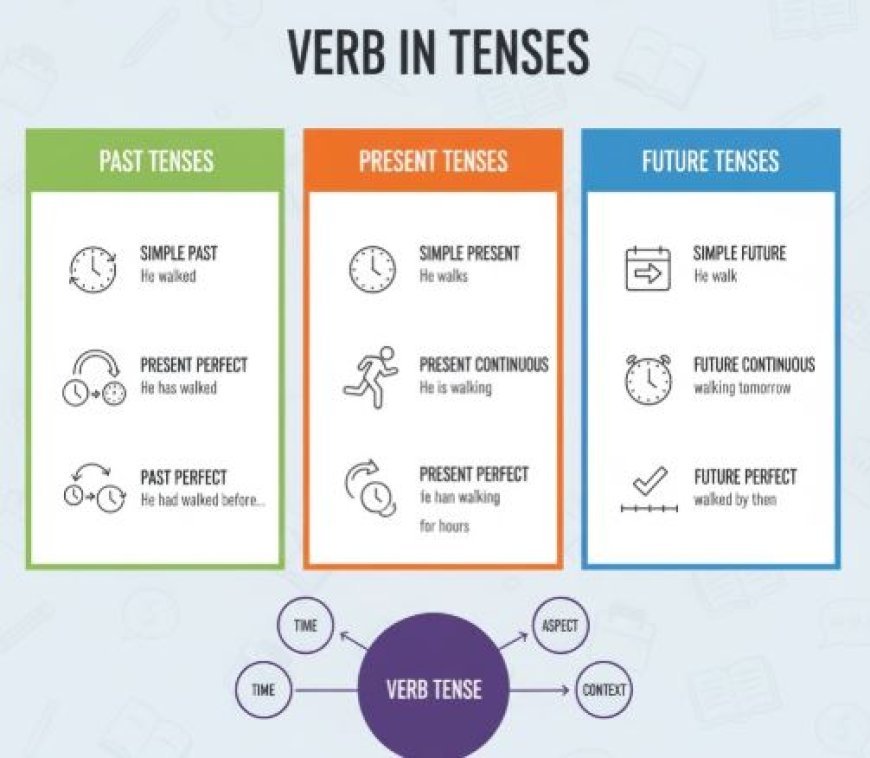
Verb
Tenses
Introduction: Verbs are action words in English. They tell us what's happening. That's where verb tenses come in. Let's dive into the different tenses, or time forms, of verbs in English.
English verbs operate within three primary temporal frameworks:
- Past: This tense signifies actions that occurred in the past, either at a specific point or over a period of time.
Example: She studied for the exam all week (unfolded over time).
- Present: This tense encompasses actions that are happening now, habitually, or hold true universally.
Example: The sun shines brightly today (it's happening now).
- Future: This tense indicates actions that will unfold at some point in the time to come.
Example: They will travel to Europe next summer (in a specific future).
Beyond the Basics: Auxiliary Verbs as Helpers
In some tenses, auxiliary verbs join forces with the main verb to provide specific temporal information, acting as supportive elements.
Examples
- She has already finished her homework (present perfect: "has" + past participle: "finished").
- They were playing basketball when it started raining (past continuous "were" + present participle "playing").
What's Your Reaction?









